Plato’s critique of democracy has been widely interpreted as a rejection of democratic principles. However, a closer examination of Plato reveals a different perspective. Plato’s concerns about democracy centered on mob rule, lack of expertise, and corruption. He believed that democratic leaders often prioritized short-term gains and popularity over long-term vision and justice. However, this critique was not aimed at dismissing democratic principles but rather at highlighting the need for a more informed and virtuous form of governance. Plato’s ideal system of government, as outlined in The Republic, incorporates elements of democracy, such as equality, participation, and accountability. His concept of the philosopherking, who rules based on reason and justice, can be equated to a democratic leader who prioritizes the common good. This paper argues that Plato’s criticisms of democracy were primarily directed at the specific form of democracy practiced in ancient Athens, rather than a rejection of democracy itself. It challenges the common interpretation of Plato as an anti-democratic thinker and presents a purer understanding of his critique of democracy. By examining Plato’s works in their historical and philosophical contexts, we gain a deeper understanding of his thoughts on governance and democracy. Drawing from Plato’s criticism of democracy, this paper also critiques the Nigerian democracy, which faces numerous challenges, including corruption, insecurity, and economic instability. It explores the relevance of Plato’s critique of democracy to Nigeria’s democratic experience and argues that Plato’s critique of democracy offers valuable insights into how the Nigerian democracy can be better formulated. It adopts a qualitative research approach with philosophical analysis, while its findings suggest that Plato’s critique of democracy remains relevant to the purification of modern-day democracies.
Keywords: Plato, democracy, Nigeria, common good, elections, mob rule, philosopher kings.
Written By:
ADIDI, Dokpesi Timothy, Ph.D
Department of Philosophy,
Veritas University (The Catholic University of Nigeria) Abuja.
Email: adidit@veritas.edu.ng
Dr. Anthony O. Azuwike
Faculty of Law
Veritas University (The Catholic University of Nigeria) Abuja
Email: azuwikea@veritas.edu.ng
